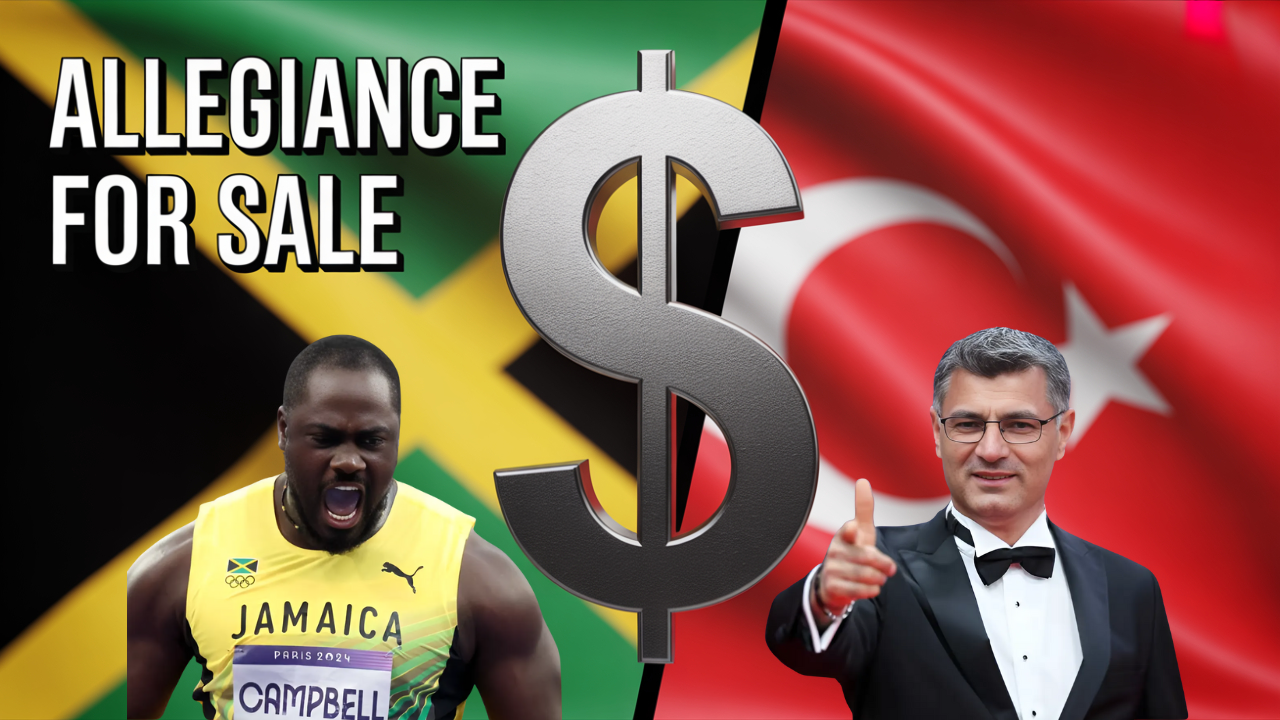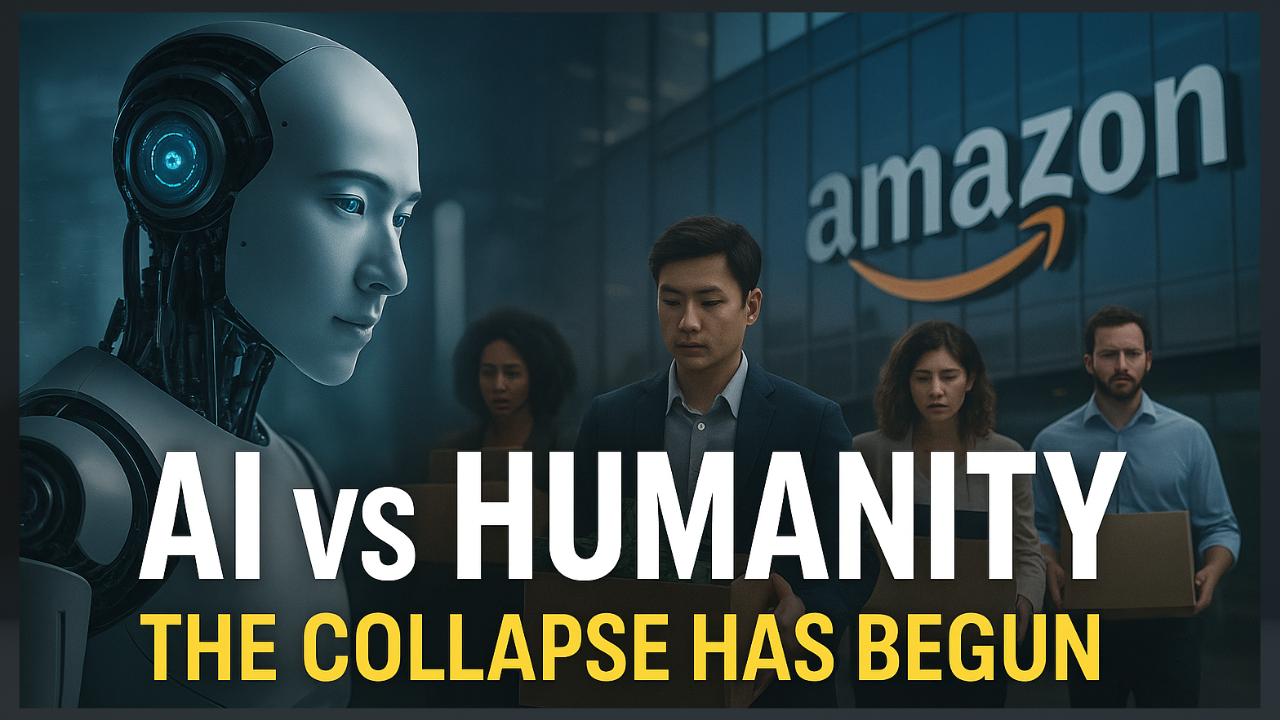The Double-Edged Sword: A Deep Dive into Social Media’s Impact on Society
In just two decades, social media has reshaped the human experience—transforming how we communicate, learn, shop, protest, and even perceive ourselves. Platforms like Instagram, TikTok, YouTube, and X (formerly Twitter) have blurred the lines between public and private, truth and fiction, connection and comparison. But beneath the hashtags and highlight reels lies a paradox: a powerful tool that both empowers and endangers.
Connection or Illusion? The Mental Health Dilemma
At its best, social media offers a lifeline to those who feel isolated—especially marginalized individuals, people with rare conditions, or those in remote areas. Niche communities flourish, from forums for rare illnesses like Ehlers-Danlos syndrome to global fanbases around specific interests. These micro-networks often provide a sense of belonging unavailable offline.
Yet this connection is increasingly fraught. According to a 2022 Pew Research Center study, 59% of U.S. teens say they feel “overwhelmed” by social media, and nearly 32% report experiencing anxiety or depression linked to online interactions. Instagram’s own internal research, leaked in 2021, found that the platform worsened body image issues for one in three teenage girls. What began as a space for connection has morphed—at least partly—into a stage for comparison, performance, and pressure.
Influencer Culture: Identity for Sale
One of the most profound shifts social media has catalyzed is the rise of the influencer. Today, content creators shape public opinion, lifestyle choices, and consumer habits more than many traditional celebrities. Brands now allocate over $21 billion annually to influencer marketing, according to Influencer Marketing Hub (2023).
While this democratization of celebrity has allowed diverse voices to rise, it has also blurred the boundary between authenticity and advertising. Influencer culture often promotes hyper-consumption, unrealistic beauty standards, and curated lifestyles that mask the complexities of real life. When likes equate to livelihood, self-expression is often filtered through what’s most marketable.
The Attention Economy: You Are the Product
Social media isn’t free—it’s monetized through our attention. Platforms are engineered to keep users scrolling, using persuasive design and algorithmic nudges. The average person spends 147 minutes a day on social media, according to Statista’s 2023 global report. Meanwhile, targeted digital advertising on these platforms generated over $200 billion in revenue in 2022, with Facebook and Google dominating the market.
This business model commodifies attention and fosters compulsive behaviors. Dopamine-driven design encourages constant checking, while infinite scrolls and autoplay features erode our ability to be present.
Challenges to Verifiable Truth
The digital age promised an informed citizenry; instead, we face an erosion of trust in information. Social media platforms have become breeding grounds for manipulative misinformation campaigns. A prime example: in early 2020, a video falsely claiming that COVID-19 was planned by Bill Gates spread across Facebook and YouTube, amassing over 8 million views in a week. Despite being debunked, the damage to public trust was done—fueling vaccine hesitancy and conspiracy thinking.
Verified information often struggles to compete with sensational lies. Algorithms reward engagement, not accuracy, and platforms are often slow to act—even when harm is imminent.
Algorithmic Bias and Cultural Impact
Social media’s algorithms are not neutral. They amplify certain voices while suppressing others—often reflecting and reinforcing societal inequalities. For example, AI content moderation has repeatedly flagged posts by Black activists as hate speech, while allowing actual harmful content from far-right accounts to circulate unchecked.
Moreover, the social impact of these platforms varies by culture. In Myanmar, Facebook was used to incite violence against the Rohingya. In Nigeria, Twitter played a critical role in mobilizing the #EndSARS protest against police brutality. The cultural context matters—what empowers one group may endanger another.
The Double Nature of Digital Communities
While echo chambers can fuel extremism, not all digital communities are harmful. Social media has enabled people with rare conditions, obscure hobbies, or marginalized identities to find one another. From grief support groups to indigenous language preservation networks, niche communities offer solidarity, healing, and shared learning.
Reclaiming the Narrative: What We Can Do
The future of social media isn’t written by algorithms—it’s shaped by us. Here are tangible steps we can take to navigate the digital world more consciously:
· Fact-check before sharing. Use tools like Snopes, FactCheck.org, or Reuters Fact Check.
· Curate your feed. Unfollow accounts that fuel negativity or promote unrealistic standards.
· Limit screen time. Use built-in tools to monitor your usage and create tech-free zones.
· Support digital literacy initiatives. Advocate for media literacy in schools and communities.
· Push for ethical tech. Demand transparency from platforms, and support policies that prioritize data privacy and content moderation.
Collective Responsibility, Not Just Individual Action
The burden cannot fall solely on users. Tech companies must reimagine profit models that prioritize well-being over engagement. Policymakers must establish guardrails for privacy, transparency, and accountability. Educators must equip students with critical thinking skills fit for the digital age.
Social media is a reflection of who we are—our desires, fears, hopes, and flaws. But it is also a tool. In the right hands, it can amplify truth, foster empathy, and build bridges across cultures. In the wrong hands, it can divide, deceive, and exploit.
The question is not whether social media is good or bad. It is whether we are willing to be good stewards of this extraordinary power. Let us move beyond passive use and toward purposeful engagement. The health of our societies—and our own mental and emotional well-being—depends on it.







